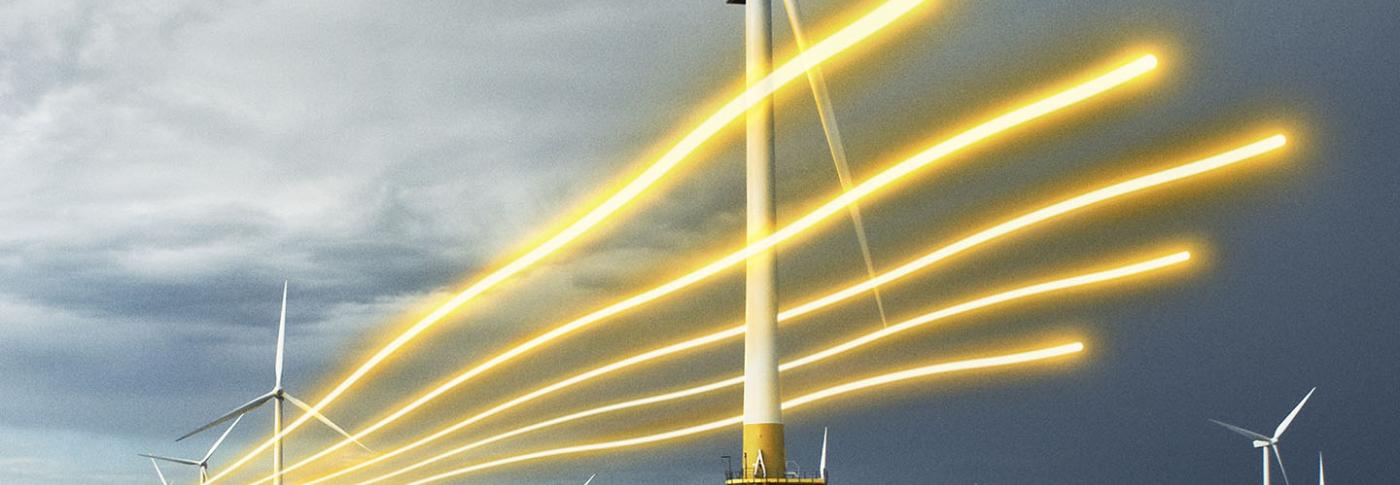Norway has become the first country to approve commercial-scale deep-sea mining, after its government passed a bill with cross-party support on Tuesday.
The move, which will open 280,0000 sq km of Norway’s national waters for companies to apply to mine these resources, will accelerate the search for precious metals used for green technologies. These include minerals such as lithium, scandium and cobalt found in small rocks in the deep sea which are critical for clean technologies including batteries.
However, the decision has sparked significant backlash with scientists warning the practice will be damaging for marine life.
A statement, published by a group of 804 marine science and policy experts from 44 countries, has warned that Norway’s plans will add to pressure already put on the deep-sea and that mining ‘would add to these stressors, resulting in the loss of biodiversity and ecosystem functioning that would be irreversible on multi-generational timescales’.
This statement appealed to the government to pause its plans until ‘sufficient and robust scientific information’ can be collected, to understand if and how deep-sea mining could commence with limited damage.
The plan has also been criticised by EU lawmakers. In November, 119 parliamentarians wrote an open letter to the Norwegian Parliament calling on them to reject the project and urged them to ‘vote against the government’s proposal and to support the adoption of an international moratorium on deep-sea mining’.
CEO and founder of the Environmental Justice Foundation, Steven Trent, has further criticised the move, and said: “If this decision is not reversed, it is an irrevocable black mark on Norway’s reputation as a responsible ocean state.”
Though Norway is the first country to pass a bill on deep-sea mining, other agreements on mining in international waters could be reached this year. The International Seabed Authority (ISA), a UN-affiliated body – will meet this year to try and finalise rules, with a final vote expected in 2025.
More than 30 countries including France, Spain, Germany and New Zealand are in favour of a ban, but countries such as China are keen to see more chances for deep-sea mining.
© 2019 Perspective Publishing Privacy & Cookies



.jpg)





Recent Stories